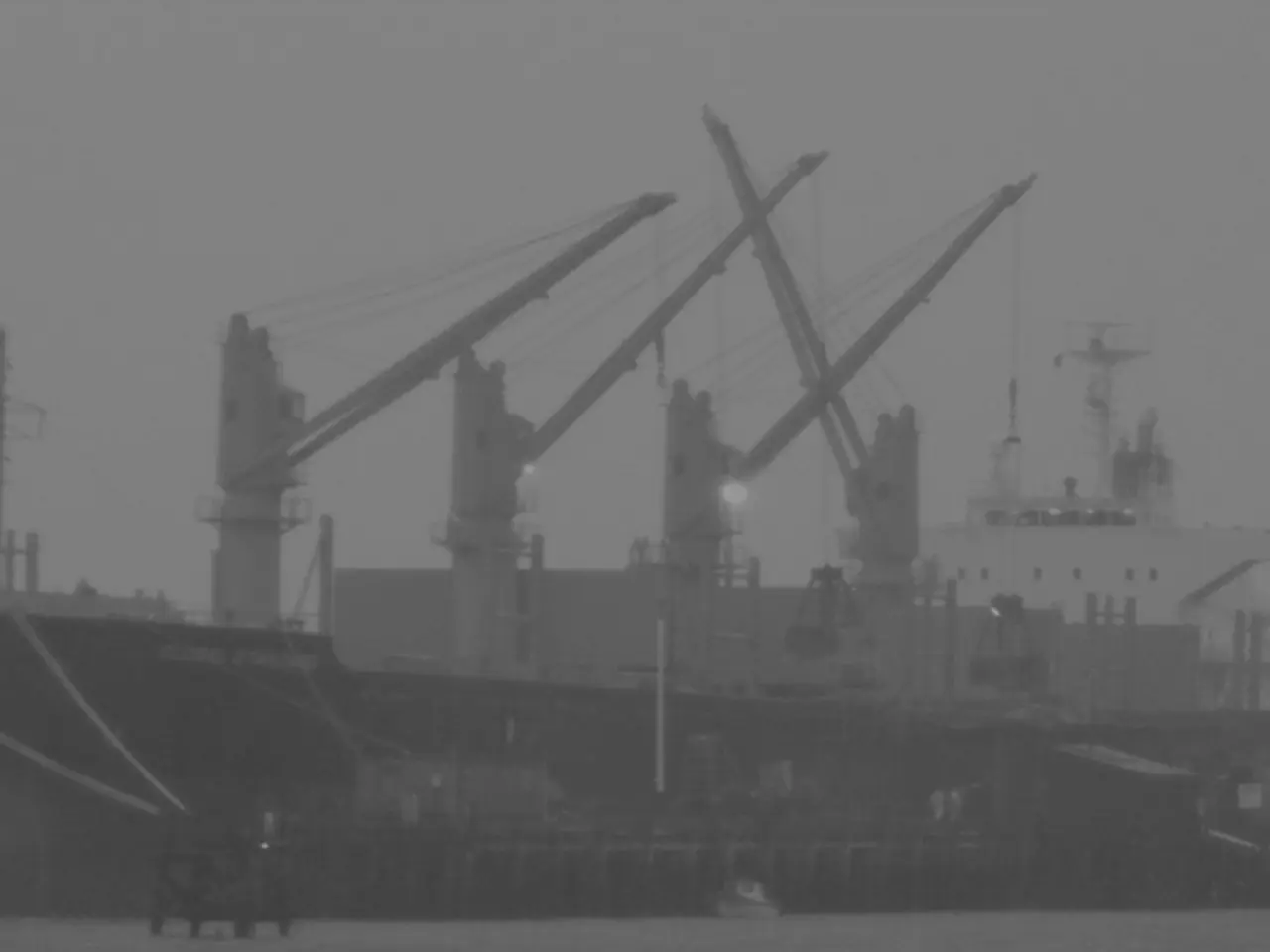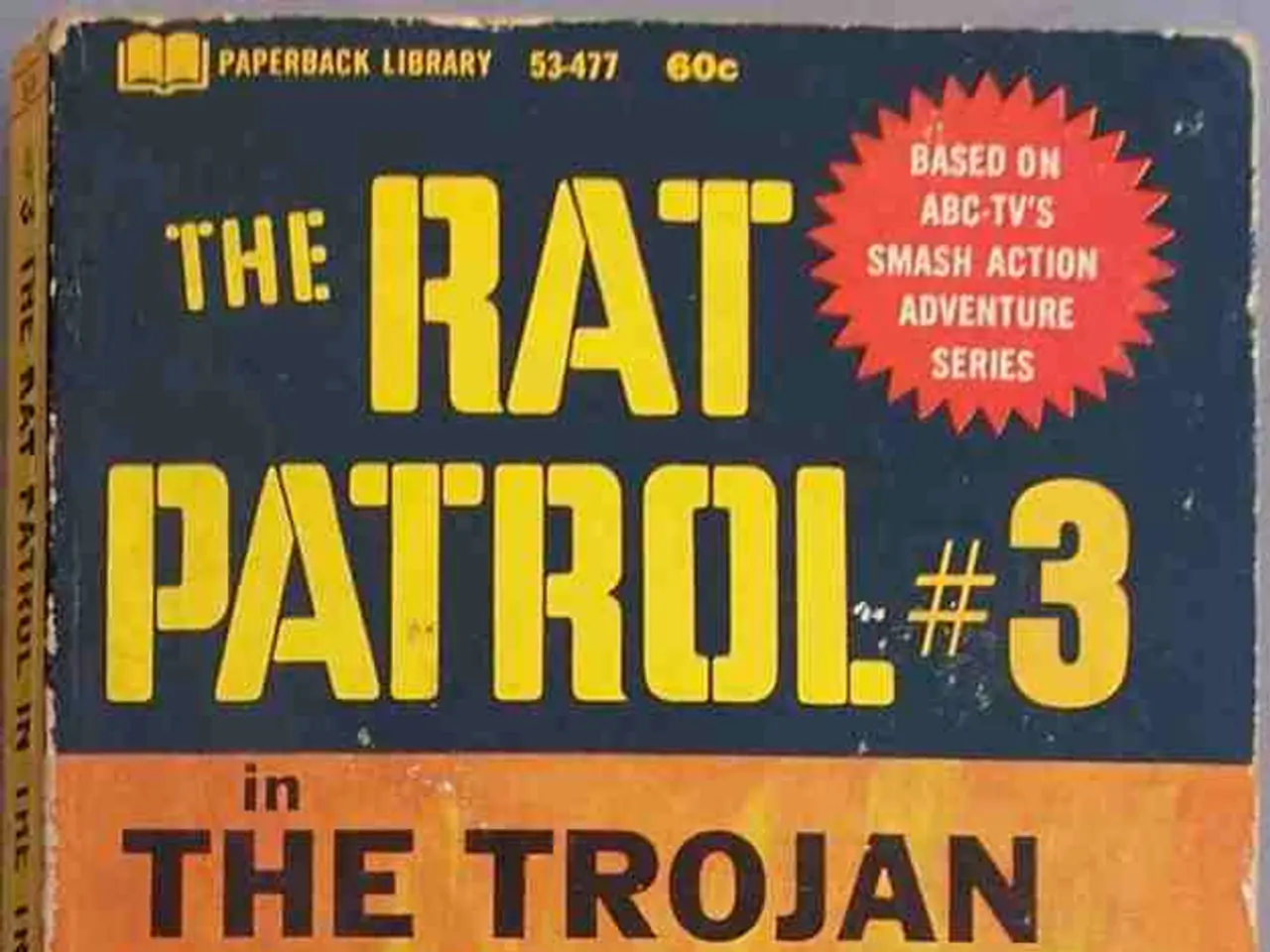UK enacts penalties for social media facilitators of human trafficking, threatening imprisonment
The UK government has announced a series of new measures aimed at combating the growing issue of illegal immigration and dangerous crossings of the English Channel. The measures, which focus on dismantling smuggling networks that use social media to facilitate illegal immigration, come as record numbers of migrants make the perilous journey this year.
According to analysis by the British interior ministry, around 80% of migrants use social media to contact and communicate with smugglers, with a record 25,000 people making the journey in 2025 alone. To address this, the government is proposing a law criminalizing online ads and content that promote illegal immigration, which carries penalties of up to five years in prison and heavy fines.
In addition to legislative changes, the UK is investing significant resources to combat crossings facilitated by smuggling networks. The government has allocated an extra £100 million to curb Channel crossings, which includes funding enhanced cooperation with France, recruitment of 300 National Crime Agency officers, and investment in advanced technology to disrupt smuggler operations. The government also pursues asset seizure powers and increased international law enforcement collaboration to dismantle these criminal networks.
Home Secretary Yvette Cooper stated that selling the false promise of a safe journey to the UK and a life in this country for profit is immoral. She is planning a "major overhaul" of the asylum appeal process to drive down numbers of arrivals. However, despite these efforts, the problem remains acute, with ongoing challenges in fully stopping the smuggling routes.
The opposition Conservative Party has criticized the government's plans as "too little, too late." The Prime Minister's center-left Labour government is under increasing domestic pressure to combat what are colloquially known in the UK as "small boats." These refer to the flimsy and often over-crowded vessels used by smugglers to transport migrants on the perilous journey from France to England.
The government's focus is on smugglers who promote illegal crossings of the English Channel online. A smuggler based in Preston was recently jailed for 17 years after posting videos of migrants thanking him for his help. These criminals have no issue with leading migrants to life-threatening situations using brazen tactics on social media.
The far-right populist Reform UK party has proposed a "no-nonsense" strategy of automatically deporting anyone who arrives in the UK via unauthorized routes. However, the government's approach is centered on a more nuanced and humane approach, with a focus on addressing the root causes of migration and providing safe and legal routes for those in need.
In summary, the UK government’s current approach combines new criminal offenses for social media-promoted smuggling, enhanced border enforcement funding, and international cooperation. These represent significant steps toward curbing social media-enabled illegal immigration but have yet to fully stem the high volume of dangerous Channel crossings.
- The UK government's new measures against illegal immigration focus on dismantling smuggling networks that utilize social media.
- A record number of migrants are using social media to contact smugglers, with around 80% of migrants reported by the British interior ministry.
- The government is planning a law that criminalizes online ads and content promoting illegal immigration, carrying penalties of up to five years in prison and heavy fines.
- Despite the government's efforts, ongoing challenges persist in fully stopping smuggling routes, as the problem remains acute in Europe's general-news and crime-and-justice sectors.








